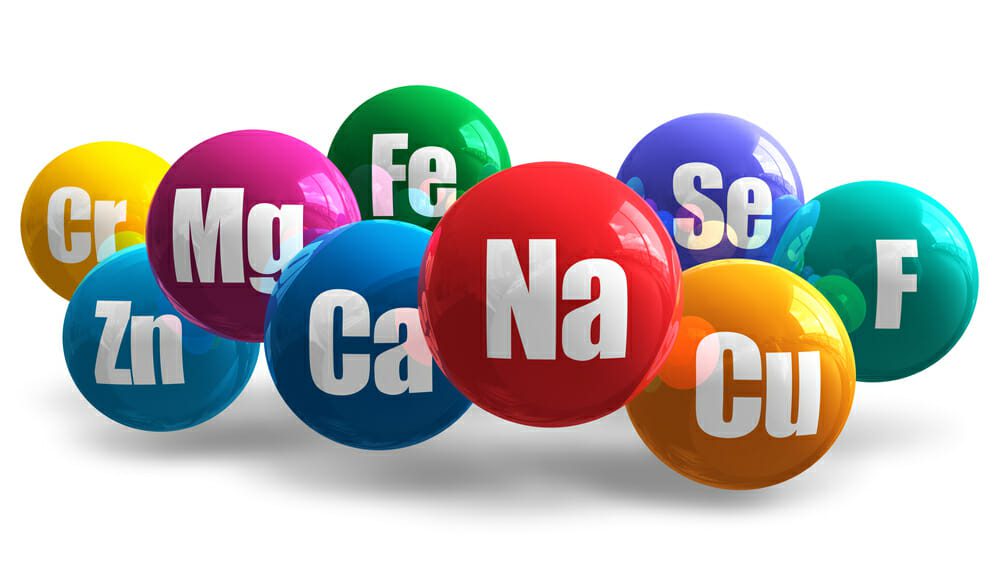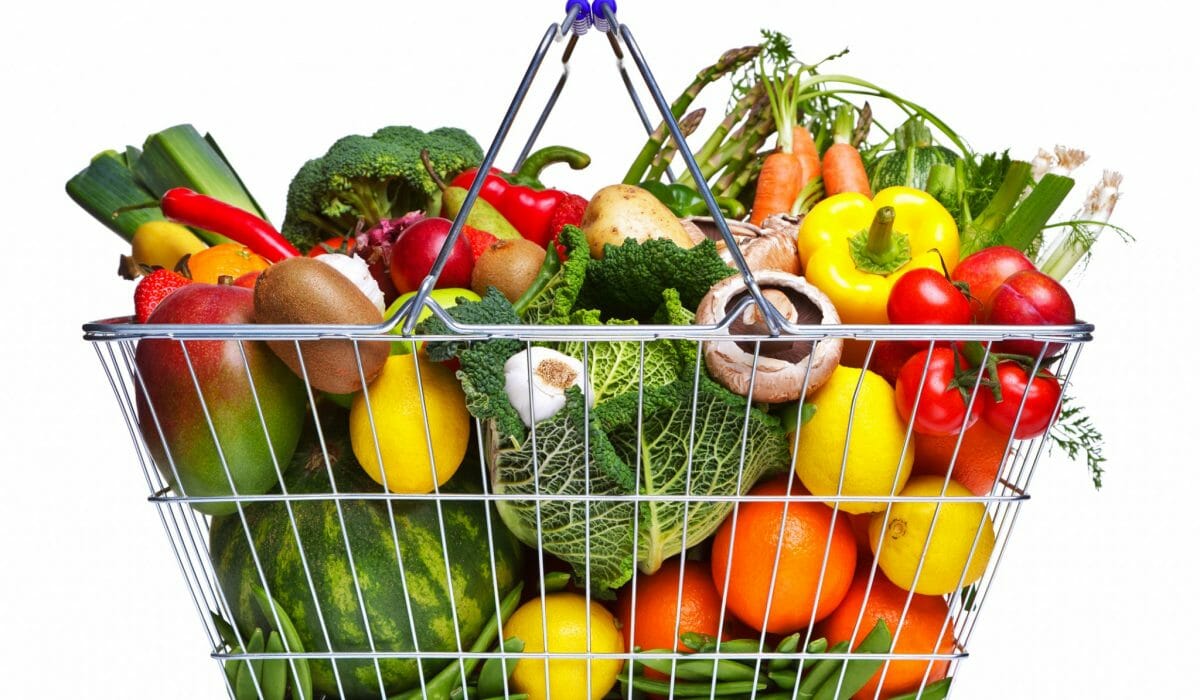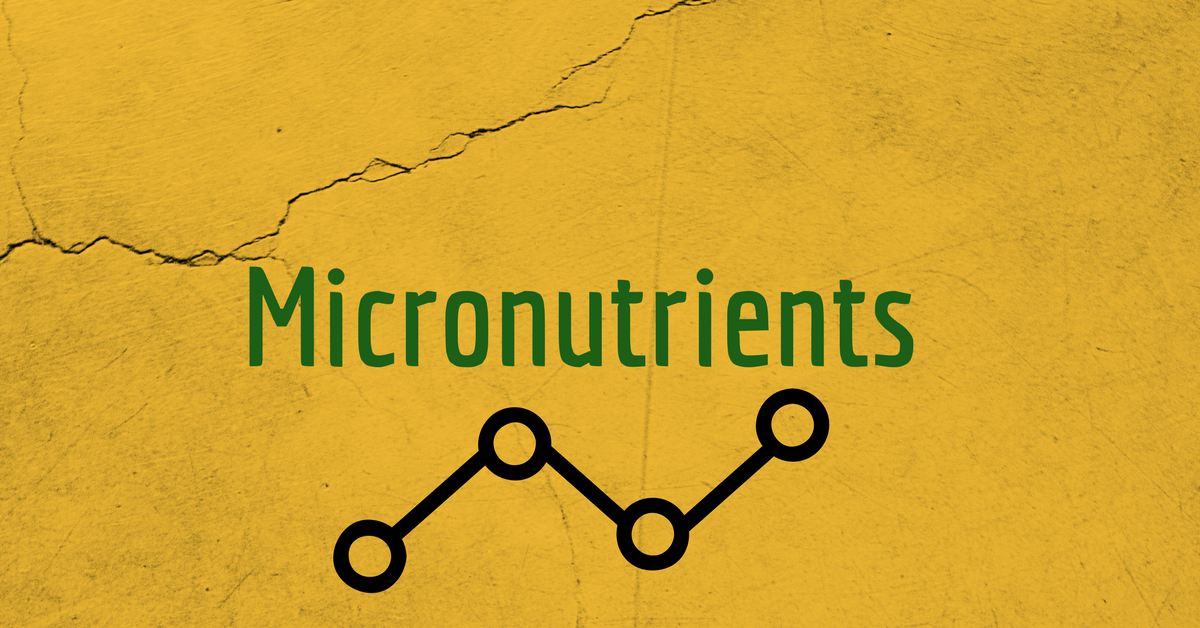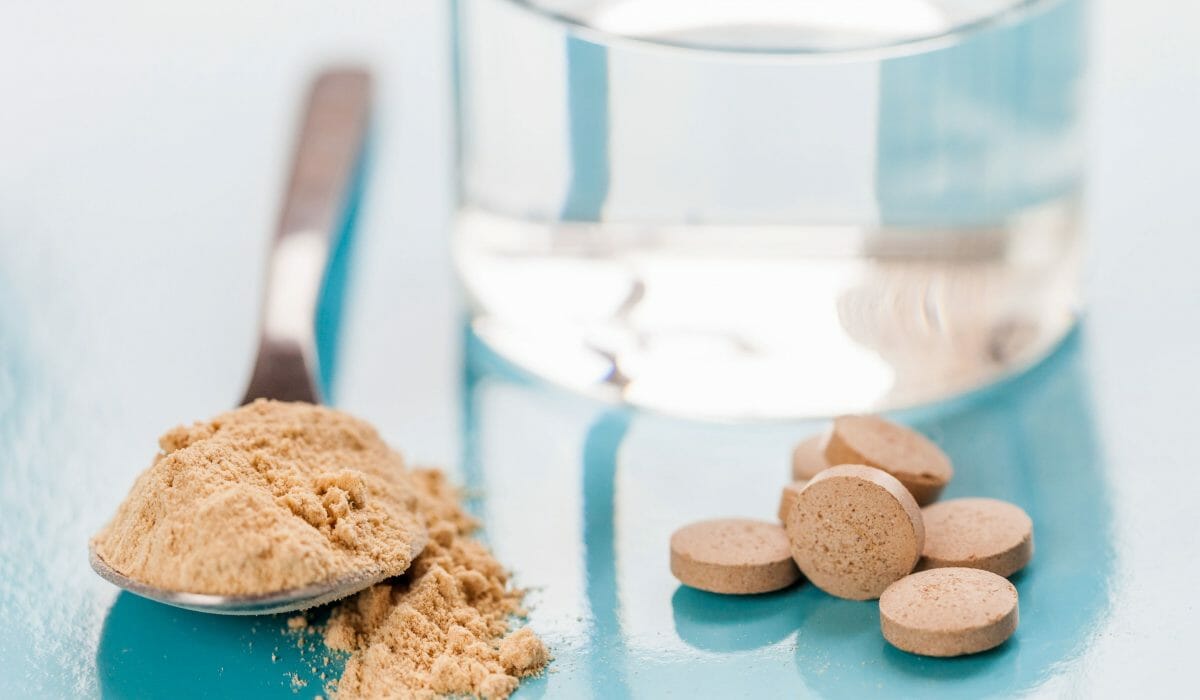You just brought a new baby girl or boy into the world and couldn’t be happier. At this stage, you’re probably making the decision (or made it long before you gave birth) whether to start breastfeeding or not.
Breastfeeding, if you are able to, is usually always a wise decision as there are a number of benefits that go along with doing so.
Breastfeeding Benefits for Mother
• Gives your new baby the ideal level of nutrition
• Provides key antibodies that can help strengthen your baby’s immune system and protect him or her from health-related issues.
• May help reduce the risk of a number of unwanted health issues such as ear infections, respiratory tract infections, gut infections, SIDS, allergies, celiac disease, diabetes, and IBS
• Can help promote a healthier body weight in your baby
• Encourage brain development during early ages
• Helps you bond with your baby
• Assists with getting you back down to your pre-pregnancy weight
• Provides key antibodies that can help strengthen your baby’s immune system and protect him or her from health-related issues.
• May help reduce the risk of a number of unwanted health issues such as ear infections, respiratory tract infections, gut infections, SIDS, allergies, celiac disease, diabetes, and IBS
• Can help promote a healthier body weight in your baby
• Encourage brain development during early ages
• Helps you bond with your baby
• Assists with getting you back down to your pre-pregnancy weight
So as you can see, there’s no shortage of benefits to breastfeeding! If you are going to be breastfeeding, however, you need to ensure that your body is properly prepared to do so. This is where nutrition comes into play, and our coaches can adjust your diet accordingly.
By feeding your body the best nutrition possible, you can ensure that you are passing on that good nutrition to your child.
To help you make the most of what your breast milk has to offer, let’s first talk about the nutrient make-up of breast milk and then go over how you should tailor your diet to ensure that your milk is baby-ready.

The Nutrition In Breast Milk
Just how nutritious is breast milk? It is, quite possibly, the most nutritious substance that a human could consume. After all, baby’s will spend the first few months of their lives consuming nothing but breast milk, so it only makes sense that it needs to be designed to give them all they need.
The only exceptions to this rule are vitamin D and K, which should be therefore supplemented or injected with on the advice of your physician.
When looking at the macronutrients found in breast milk, studies1 illustrate that it will contain around 0.9-1.2 grams/dL for protein, 3.2-3.6 grams/dL of fat, and 6.7-7.8 g/dL for carbohydrates (as lactose).
The calorie content of it ranges from 65-70 calories/dL (dL being 100 ml). This puts it around 162 to 175 calories per cup, slightly higher than whole cow’s milk.

The exact nutrient composition of the breast milk can vary based on the mothers depending on the material body weight for height, their protein intake, whether or not they have returned to their normal menstrual cycle as well as how often they are nursing.
Studies have also shown that mothers who produce higher quantities of milk tend to have lower milk concentrations of fat and protein, and instead, higher levels of lactose per deciliter (2).
It should also be noted that as you move through various stages in your post-pregnancy period, you’ll also experience changes in your breast milk as well. The milk that you are producing immediately after giving birth will not be the same as the milk that you are producing later on months after your baby has been born.
You’ll want to add 300-500 calories to your TDEE, if you’re in the first three months after delivery or add 100-200 calories if you are beyond that.
This is to help meet the changing needs of your baby as he or she progresses through their growth and development.
You should also note that your breast milk composition will change as feeding progresses on. When you first begin feeding your baby, the milk will be very watery and lower in calories. This will help to satisfy your baby’s thirst at the start and then as feeding progresses on, it will then become thicker and much higher in total fat content (with the fat content increasing by up to 2-3 times higher).
This thicker, energy-dense milk will then help to fuel your baby, giving them their ‘meal’, so to speak. It’s also why new moms must be sure that they fully empty one breast before they switch to the other during the feeding time.
So now that you know the nutritional composition of breast milk, let’s talk a little further about what you need to be doing to ensure an optimal supply.

Your Energy Intake
The first element to look at is your energy intake. Most women already know that breastfeeding burns calories. It is, after all, why it helps many women get down to the pre-pregnancy weight faster. Think of it as a jump-start to your metabolic rate.
This said, if you are planning on breastfeeding, it also means that you do need to eat more. If you are not fueling your body with sufficient energy, your breast milk supply may begin to run low, or if you are actually starting a strict dieting program, it may cease entirely. Our coaches can help you combat this issue with a properly built diet approach.
The estimation of calorie burn is about 500 calories, so this is the equivalent of around one pound of weight per week. That said, most new mothers should be adding around this amount of calories to their daily diet plan, which will counteract the weight loss results.
Still confused? Want an expert IIFYM Coach to draft up your very own Macro Program?
Some mothers may find that their appetite even increases while breastfeeding and you should not deny yourself food during this time as it’s your body telling you it needs more fuel for the milk production process.
In many cases, new mothers may actually notice a slight weight gain during the initial stages of breastfeeding. Yet, this is nothing to be alarmed over. As the process continues on after the first few months, then you can consider reducing back on your calorie intake slightly to start the fat loss process. By this point, your body will be better in the groove of making the milk and you can safely create a slight reduction in calories to promote a healthy rate of weight loss.
Most mothers note that after about the 3-6 month mark, weight loss just starts taking care of itself as your appetite regulates and the natural calorie deficit occurs without much effort on your part.
In fact, mother’s who are breastfeeding typically notice more overall weight loss than those who don’t at this point in the post-partum period [3].
Expected Weight Loss Postpartum
A safe rate of weight loss for mothers beyond the initial 3 month period of giving birth should be set at about half a kilogram per week. This should come (preferably) from a combination of diet as well as exercise, so as to not compromise food intake all that much.
As long as you are a healthy individual and are not currently at a lower than expected body rate, creating this energy deficit should not have negative consequences on your ability to produce breast milk supply.
If you are naturally on the thin/lean side, then you may want to consider a slower rate of weight loss (if you do have any weight to lose) to ensure that you are keeping your energy level at a safe and optimal place to promote the production of healthy breast milk.
A slightly higher fat diet during this time may help you produce higher quality and quantities of breast milk thanks to its role in helping regulate the sex hormones
The moral of the story is to tread carefully and go slowly. As much as you may want to get to your pre-baby body weight as fast as possible after giving birth, it’s healthiest for you and the baby if you take the process slowly and only lose weight as you feel healthy to do so.
To set your calorie intake, you’ll want to use a calorie estimation tool such as the macro Tdee calculator on IIFYM.com to find your maintenance calorie intake at your current body weight (not your goal body weight, but the post-pregnancy weight you are at now).
Then from there, you’ll want to add 300-500 calories to that number if you are in the first three months after delivery or add 100-200 calories if you are beyond that.
If you are beyond the three-month mark, note that you can also increase your exercise frequency at this point to create a higher total daily calorie burn, helping promote fat loss.

Eating The Right Foods And Macronutrients
Once you have your calorie target’s figured out, the next step comes to deciding which foods to be eating. It’s important that you are taking in all three macronutrients and at the same time, eating a wide variety of foods within those macros.
If you begin cutting any foods out of your diet plan completely, there is a real chance this will influence your breast milk supply.
Do keep in mind though that nutrition will only impact breast milk to some degree. Beyond that, being healthy overall will also ensure that the breast milk you do produce is optimal for your baby.
To reap optimal benefits, you’ll want to focus on the following foods from each main macronutrient.
Lean Protein
• Salmon
• Shellfish
• Whitefish
• Seaweed
• Lean grass fed beef
• Lamb
• Pork
• Organ meats
• Low-sugar/low-fat dairy such as Greek yogurt, cottage cheese, and hard cheese
• Whey protein powder
• Shellfish
• Whitefish
• Seaweed
• Lean grass fed beef
• Lamb
• Pork
• Organ meats
• Low-sugar/low-fat dairy such as Greek yogurt, cottage cheese, and hard cheese
• Whey protein powder
Carbohydrates
• Quinoa
• Oats
• Brown rice
• Sweet potatoes
• Beans
• Lentils
• All fresh fruits
• All vegetables
• Oats
• Brown rice
• Sweet potatoes
• Beans
• Lentils
• All fresh fruits
• All vegetables
If you are struggling to take in any of these foods and/or feel like your intake may be lower than it should be, don’t hesitate to consider supplementing with a vitamin.
Dietary Fats
• Avocados
• Olive oil
• Flaxseed oil
• Avocado oil
• Peanut oil
• Natural nut butter
• Plain nuts (unsalted, unflavored)
• Dark chocolate (90% or higher)
• Hemp seeds
• Olive oil
• Flaxseed oil
• Avocado oil
• Peanut oil
• Natural nut butter
• Plain nuts (unsalted, unflavored)
• Dark chocolate (90% or higher)
• Hemp seeds
Choosing foods in their natural state will help ensure that you are taking in the most nutrients possible from the foods that you are eating.
If you’re under eating your milk supply may suffer, find out your ideal approach with a Macro Blueprint For Nursing Moms
What you want to avoid while breastfeeding is foods that are filled with refined sugars, highly processed foods, as well as those with large amounts of trans fats as well. These will all be problematic for your body as well as be problematic for the quality of your breast milk, which is then passed on to your baby.
In terms of the macronutrient recommendations, keep in mind there’s some flexibility. You should be aiming to get at least one gram of protein per pound of body weight to both support your lean muscle mass tissue as well as help promote the proper development of breast milk.
Then in addition to that, you should aim to take in no less than 0.35-0.4 grams of healthy dietary fat per pound of body weight as well. A slightly higher fat diet during this time may help you produce higher quality and quantities of breast milk thanks to its role in helping regulate the sex hormones. Just do keep in mind that this should be healthy sources of fat only.
Then the remainder of your calories should be put towards adding more carbohydrates to your day. This will help give you plenty of energy to go about your day and optimize the breast milk production process.

Micronutrients
Along with ensuring that you are getting the macronutrients just discussed, you also need to be sure that you are tending to your micronutrients as well. These are the vitamins and minerals found in foods that can help support the breast milk production process.
There are two types of nutrients to be aware of. The first group of nutrients are those that are going to go into the breast milk itself, therefore getting enough in your diet will help ensure that your baby is getting enough in his or her diet as well.
Then the second group of nutrients doesn’t impact the status of the breast milk so much, but it will impact your overall nutritional status so it’s still crucial for you to consider.
Let’s look at each group individually.
Baby-Building Nutrients
The first group is the nutrients that will influence how well your baby develops. If these are not coming in from your diet plan, your breast milk will be lacking and as such, your baby may fall short in their intake as well.
The main ones to focus on and what the best sources of each include:
• Vitamin B1 found in fish (trout, salmon, tuna), pork, sunflower seeds, sesame seeds, macadamia nuts, brazil nuts, pecans, and cashews, along with green peas and sweet corn.
• Vitamin B2 found in beef liver, lamb, milk, yogurt, mushrooms, spinach, almonds, sun-dried tomatoes, salmon, and eggs.
• Vitamin B6 found in sunflower seeds, sesame seeds, pistachio nuts, walnuts, fish, turkey, chicken, lean beef, bananas, avocado, and spinach
• Vitamin B12 found in shellfish, beef liver, mackerel, crab, tofu, and bran.
• Choline found in shrimp, eggs, scallops, chicken, turkey, tuna, cod, salmon, beef, and collard greens.
• Vitamin A found in sweet potatoes, carrots, spinach, kale, mustard greens, collard greens, turnip greens, beet greens, swiss chard, and winter squash.
• Vitamin B2 found in beef liver, lamb, milk, yogurt, mushrooms, spinach, almonds, sun-dried tomatoes, salmon, and eggs.
• Vitamin B6 found in sunflower seeds, sesame seeds, pistachio nuts, walnuts, fish, turkey, chicken, lean beef, bananas, avocado, and spinach
• Vitamin B12 found in shellfish, beef liver, mackerel, crab, tofu, and bran.
• Choline found in shrimp, eggs, scallops, chicken, turkey, tuna, cod, salmon, beef, and collard greens.
• Vitamin A found in sweet potatoes, carrots, spinach, kale, mustard greens, collard greens, turnip greens, beet greens, swiss chard, and winter squash.
With a balanced diet, most of these nutrients are obtainable. Find out your ideal diet approach with a Macro Blueprint For Nursing Moms
• Vitamin D found in salmon, sardines, tuna, cow’s milk, eggs, and shitake mushrooms.
• Selenium found in tuna, shrimp, sardines, salmon, turkey, cod, chicken, lamb, scallops, and beef.
• Iodine found in sea vegetables, scallops, cod, yogurt, shrimp, sardines, salmon, and tuna.
• Vitamin D found in salmon, sardines, tuna, cow’s milk, eggs, and shitake mushrooms.
• Selenium found in tuna, shrimp, sardines, salmon, turkey, cod, chicken, lamb, scallops, and beef.
• Iodine found in sea vegetables, scallops, cod, yogurt, shrimp, sardines, salmon, and tuna.
If you focus one eating a mixed, natural diet, you should have no problem getting these into your day.
Second Group of Nutrients
Now let’s look at the second group of nutrients – those that won’t necessarily influence your breast milk quality, but can impact how you feel and function on a day to day basis.
• Folate found in lentils, pinto beans, garbanzo beans, asparagus, spinach, navy beans, black beans, kidney beans, turnip greens, and broccoli
• Calcium found in tofu, sardines, sesame seeds, yogurt, cow’s milk collard greens, spinach, cheese, turnip greens.
• Iron found in soybeans, lentils, spinach, sesame seeds, garbanzo beans, lima beans, olives, navy beans, Swiss chard and kidney beans
• Copper found in sesame seeds, cashews, soybeans, shitake mushrooms, sunflower seeds, tempeh, garbanzo beans, lentils, walnuts, and lima beans
• Zinc found in oysters, beef, lamb, sesame seeds, pumpkin seeds, lentils, garbanzo beans, cashews, turkey, quinoa, and shrimp
• Calcium found in tofu, sardines, sesame seeds, yogurt, cow’s milk collard greens, spinach, cheese, turnip greens.
• Iron found in soybeans, lentils, spinach, sesame seeds, garbanzo beans, lima beans, olives, navy beans, Swiss chard and kidney beans
• Copper found in sesame seeds, cashews, soybeans, shitake mushrooms, sunflower seeds, tempeh, garbanzo beans, lentils, walnuts, and lima beans
• Zinc found in oysters, beef, lamb, sesame seeds, pumpkin seeds, lentils, garbanzo beans, cashews, turkey, quinoa, and shrimp
If you are struggling to take in any of these foods and/or feel like your intake may be lower than it should be, don’t hesitate to consider supplementing with a vitamin.
Talk to your physician before doing so as you should talk to him or her before using any supplement while breastfeeding. If you start falling low in these nutrients, it can impact your own health and well-being.
Speaking of supplements, there are a few products that may serve you extra well during the pregnancy period. Let’s take a look at those now.

Supplements For Breastfeeding
First things first, remember to never start up on a supplement without doing thorough research first and speaking to your doctor about it. What you put into your body has a high chance of passing through to your breast milk, so you can never be too certain when it comes to supplementation.
Here are the supplements that you may want to consider
.• Multivitamins
Having a good multi-vitamin is simply a great way to get the backup support you need. As a busy new mom, there may be times when you just can’t eat as well as you’d like and during these times, it helps to have that backup assurance that you’re still covered.
Look for a high-quality vitamin for women and if you can find one for breastfeeding women, even better.
• Vitamin B12
Vitamin B12 is one nutrient that can be slightly harder to get from natural food sources, especially if you are someone who doesn’t eat a lot of red meat or seafood.
If that is the case with you, speak to your doctor about possibly supplementing with it to try and bring your intake up to acceptable levels.
• Omega-3 fatty acids (Fish Oil)
Striking the right omega-3 to omega-6 balance is important for overall health, including when you are pregnant.
Adding an omega-3 supplement to your daily diet can help you bring up your intake of this essential fatty acid, which is needed for everything from proper brain function to strengthening your immune system.
If you eat plenty of salmon or mackerel in your diet you may not need to supplement with this oil, but if you don’t, doing so may be a wise move.
• Vitamin D
Finally, vitamin D is another vitamin that is often not found in whole food sources all that readily and in larger amounts. Therefore, adding supplementation here tends to be a very good idea and can help ensure that you are doing your part to promote strong bone growth development.
Apart from these supplements, as long as you are eating a healthy, well-balanced diet plan, you shouldn’t have to concern yourself with too much else.
Quite, in fact, taking too many products could put you and your baby in harm’s way. Keep it simple and focus on wholesome nutrition.
Now let’s finish up by going over a few other considerations with regards to hydration.

Hydration Factors While Dieting and Nursing
Hydration is an absolute must when trying are breastfeeding. You may find that you feel thirstier than normal and this is because a hormone called oxytocin is being released in the body, causing the drive for thirst to increases.
This hormone is released whenever your baby latches onto your nipple, so as such, it’s normal to experience increased hydration after a feeding period.
Be sure that you always keep a fresh bottle of water with you at all times so that you can keep hydrated and get your needs met for this extra fluid.
You should be aiming to drink enough water so that your urine each day is clear. If it’s yellow-tinged, you know that you are not drinking enough as this indicates dehydration is likely setting in.
Caffeine and Nursing
Have a serious coffee habit? It’s time to rethink that. About 1% of the caffeine that you consume will be moved into the breast milk. Now, this may seem like not much at all, but do keep in mind that it takes your baby a lot longer to metabolize this caffeine than it does for your body to, so it’s going to stick with them and really impact their small, developing systems.
As such, staying away from too much caffeine is wise. While one cup a day or every other day probably won’t do much harm, if you are getting more than this, it can impact development and may also change their quality of sleep (and as a new mom, the more your baby can sleep, the better!).
Alcohol and Nursing
You’ve been refraining from that glass of wine for the last nine months while pregnant and you probably can’t wait to indulge after the baby is born. Not so fast!
Alcohol will also move into your breast milk and impact your baby. Here again, it takes a baby three times as long to metabolize that alcohol, so it impacts them on a much larger scale.
This doesn’t necessarily mean you can’t drink at all, but it does mean you need to make sure that you have pumped milk before you indulge or that you don’t plan to feed you body for at least 3-4 hours so the alcohol can clear your system (and your breast milk) in time for their next feeding.
As much as possible, if you can just stick with water and herbal teas to meet your hydration needs, you’ll be on track to greater success with producing healthy breast milk for your baby.
In Conclusion
So there you have all the facts that you must know and remember when it comes to breastfeeding nutrition. There’s no question that you have to be careful with your eating plan both before you give birth, as well as after you give birth for as long as you plan to be breastfeeding.
The time spent after you give birth can be a very hectic time for any new mom and chances are, you won’t have a lot of time for intricate meal planning and food preparation.
This is why using an approach like the If It Fits Your Macros approach is such a wise idea. Using this approach, you can make any food you plan to eat fit your day so that you make sure that your energy levels and macronutrient needs are met. Then as long as you can aim to make healthier food choices most of the time, you can rest assured that you are giving your body – and baby – the nourishment that it needs.
If you aren’t tracking your macros and calories, there’s a higher chance that you may start to fall low (or eat too many and potentially gain even more body fat).
The tracking is well worth the effort and can help you ensure that your baby grows up to be strong, healthy, and happy. Keep these principles in mind and you can also ensure that you feel your absolute best as you go about this exciting time in your life as well.
Originally posted 2019-01-28 21:57:41.

No comments:
Post a Comment